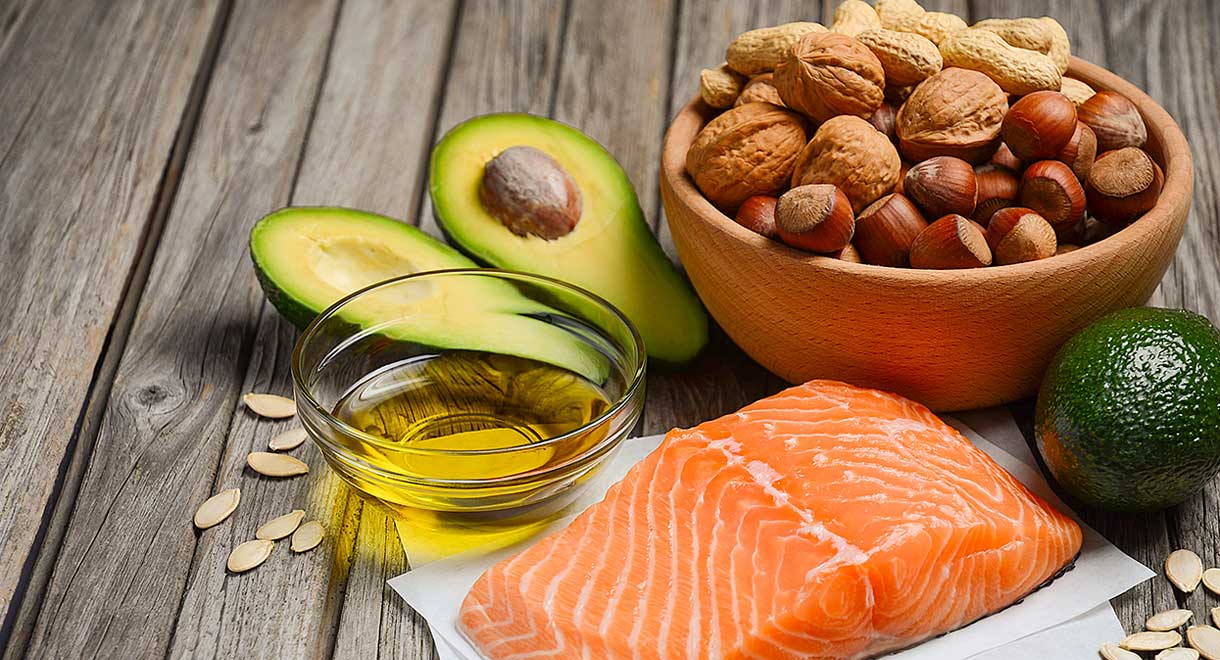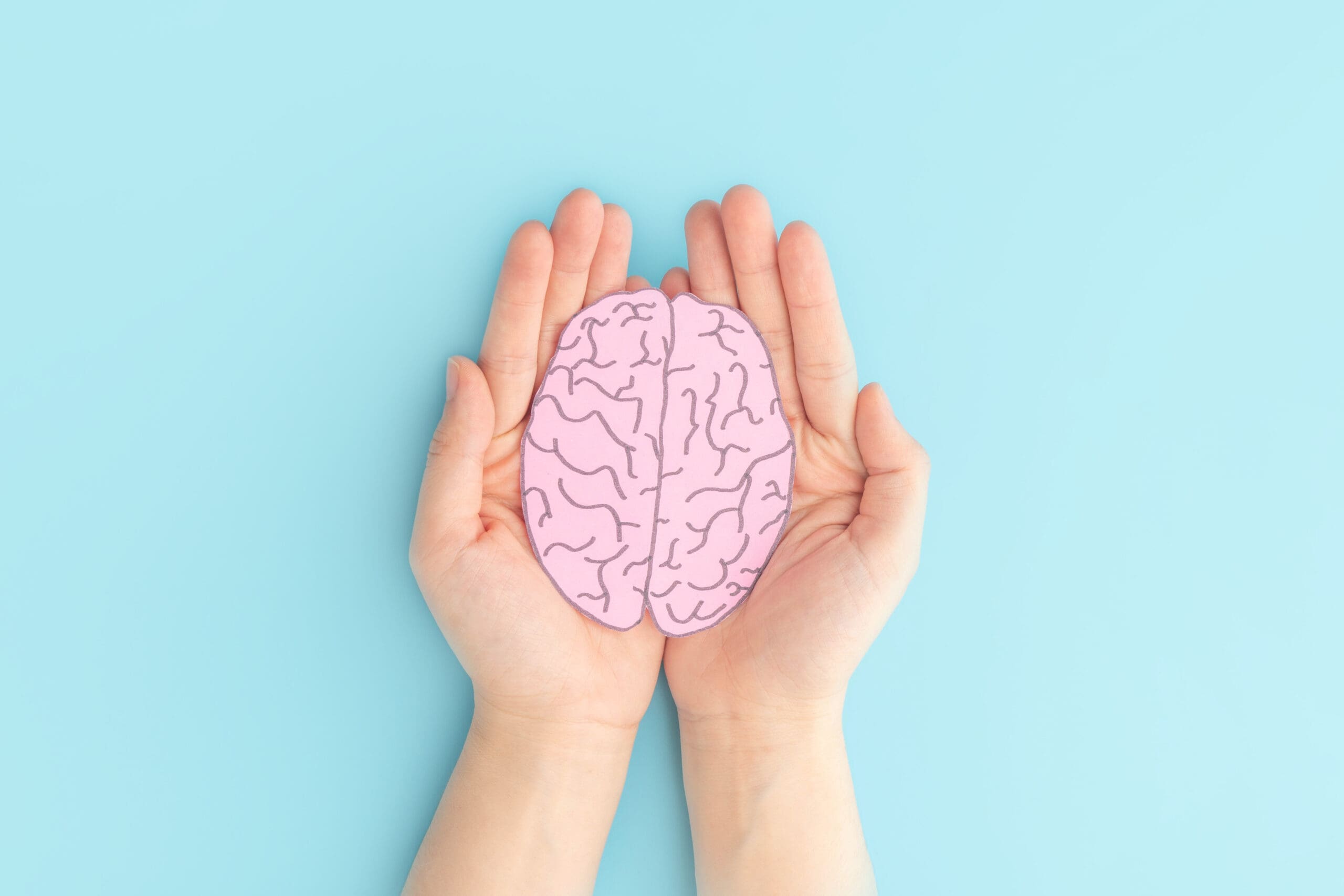Is your diet affecting your mood?
By naturopath Margaret Jasinska
Could the food you eat each day be affecting your emotional state? The answer is yes it definitely does, and much more than you realise.
The food you eat determines how well your nervous system functions, how well your brain can produce neurotransmitters (brain chemicals) and your blood sugar level; all of which affect your mood. Your diet also affects how well you sleep and your energy levels, and when you are exhausted it’s so much harder to see the funny side of situations.
When you have the blues you are probably driven to seek out unhealthy comfort foods like chocolate, bread, ice-cream, biscuits or chips. Eating those foods does lift your spirits because it temporarily boosts your dopamine and serotonin, but unfortunately the effect is very brief. Soon enough your emotions and energy level will crash again and you’ll be caught on the sugar rollercoaster. Relying on comfort foods long term makes you far more prone to mood swings and predisposes you to anxiety and depression.
Many people greatly underestimate the effect of their diet on their state of mind. They visit our clinics seeking help specifically for depression, anxiety, mood swings or pre-menstrual tension (PMS). Dietary recommendations are outlined and, in some cases, our practitioners may recommend a few key nutritional supplements. Many patients are quite sceptical that such simple diet changes can have a profound enough effect on their emotional state. They are encouraged to give it a go anyway and when they are seen again four weeks later they are very pleased with the results.
Case history
Maria came to see me with a number of health problems. She desperately wanted to lose weight, had constant heartburn and had a very irregular menstrual period. Maria is 34 years old, is 170 cm tall and weighed 103 kilos.
Maria was one of the most carbohydrate addicted patients I had ever seen; she was constantly eating throughout the day and was terrified of the word “diet” because she didn’t think she’d be able to restrict her food intake. Maria woke hungry, ate toast or cereal for breakfast, a toasted sandwich for lunch and rice or pasta with meat and vegetables for dinner. She confessed that she ate enormous portions. Between meals Maria snacked on chocolate and biscuits and she drank three cups of tea with milk and four sugars in each!
Despite her daily sugar and carbohydrate feasts, Maria was miserable. She was moody and grumpy. Maria confessed that she often snapped at people at work and raised her voice in arguments. Night time didn’t offer any respite as Maria snored loudly, tossed and turned and would grind her teeth in her sleep. She woke exhausted and ravenous and dragged herself out of bed.
Maria was intimidated about making changes to her diet; she had little faith in her ability to reduce her sugar and carbohydrate intake and her food intake in general. I explained to Maria that it was much more important to change the type of food she eats, rather than worry about portion sizes. She was hungry all the time because she had high blood insulin levels; following our eating plan would lower her insulin and subsequently her hunger would be reduced also.
When I saw Maria for her second consultation six weeks later she looked like a completely different person. For a start she was 13 kilos lighter! Maria could not believe the amount of weight she had lost; she weighed herself once a week first thing in the morning. She could not believe the numbers on the scale and kept rubbing her eyes, imagining that she probably couldn’t see clearly because it was early morning.
Maria found the first week of her eating plan challenging but after that it became increasingly easy to stick to. She was now enjoying her new meals and snacks. Maria no longer experienced any heartburn at all, she was sleeping well and her energy levels were through the roof.
However, the most dramatic difference in Maria was the change in her mood. She looked far calmer and happier and she told me how much more relaxed she feels. Maria said she felt much more relaxed at work and things didn’t bother her like they used to.
Here is a basic summary of recommendations for improving your mood with food

Cut down on or eliminate sugar and flour from your diet
These foods cause fluctuating blood sugar levels, fluctuating energy levels and mood swings. Cutting out these foods is easier than trying to eat them in moderation for a lot of people, because they lose their cravings.

Drink eight to ten glasses of water or herbal tea each day
Drinking more water will make you eat less food, have less sugar cravings and it will improve your ability to concentrate.

Fill up on protein
The chemicals your brain produces that make you feel happy, calm and alert are all made from protein. Good sources of protein are seafood, eggs, poultry, red meat, nuts, seeds and whey protein powder.

B vitamins are important
B vitamins are essential for a healthy nervous system and they are used up in large quantities during stressful episodes. Vitamins B6, B9 and B12 are all required by the brain in order to manufacture neutrotransmitters (brain chemicals).

Magnesium
Magnesium helps relieve symptoms of stress and also premenstrual tension.

Limit alcohol consumption
If you are prone to depression alcohol will make it worse. Don’t drink alcohol every day and, when you do drink, women should limit themselves to two standard drinks and men four standard drinks.

Good fat is essential
Your brain is mostly made of fat, and your nerves are insulated by fat. Good fats are found in oily fish, animal fat (preferably grass fed), avocados, nuts, seeds, extra virgin olive oil and coconut oil. Avoid all margarine and cooking oil made from seeds, as they are too high in omega 6 fats, which worsen depression and inflammation.

Limit caffeine
People who consume a lot of caffeine have high levels of stress hormones in their bloodstream. Limit coffee to two cups per day. Drink more tea, especially green tea.
By making small and simple changes to your diet you can reduce feelings of anxiety or depression and achieve a more stable mood. And it won’t just be your mind that benefits, the rest of your body will too.









was told i had a bad fatty liver then left to work it out , i and others i know are going hungry trying to work out what we can eat and cant , how to flavour food , etc etc
Hi Julie,
Start with Dr Cabot’s Fatty Liver Book.
You can flavour your food with garlic, onion, chilli, herbs, paprika, turmeric, curry powder etc.
Yes, food changes the mood; 100% true. Reading different articles and watching YouTube we chaned our food almost like that and feeling far better. But still tiredNess is there. Thinking what should I do. Any advise please. Thanks a lot for a such excellent article.
That’s good that you’re feeling better. Your tiredness could be caused by all different reasons such as iron or B12 deficiency, gut dysbiosis and inflammation, low thyroid function etc. We would recommend going to your health care practitioner to find the reason for your tiredness.
Thanks a lot for the advise. What is gut dysbiosis. My wife was facing inflammation issue in her right leg and the she saw the Naturopath Dr. And exactly treating almost same advise you provided in your articles. She has to take low inflammation food, B12, Omega, Calcium and Magnesium. Then she will go for a test as per her National Dr.
Gut Dysbiosis is an imbalance of pathogenic (bad) bacteria in the gut. This can cause damage and inflammation in the gut lining and lead to all sorts of symptoms like fatigue, bloating, irregular bowel movements, headaches etc.
Yes, an anti-inflammatory diet is beneficial for reducing inflammation in the body. It’s good that your wife is under the care of a health care professional.
Thanks a lot for your explanation. For Gut Dysbiosis BIO-K probiotic 25 billion is good or what your advice is. I do have fatigue and morning headaches. I was trying for long to get rid of that in a different way but not possible at all. All most 80% of food (like wheat, milk, nut, juice) food I can not eat. I was originally from Bangladesh but now settled in Canada. Fifteen years back I diagnosed with the hypo-thyroid problem. Before that, over 25 years I had Asthma issue (which Drs said) but I figured out that it is not Asthma, that was an allergy. Allergy triggered out & quickly started an Asthma attack. So I had to take antibiotics over a long period of time (over a decade) almost every three months. Seven years before I thought I will die within 6 months. You may ask why, because I was not able to sleep, was not able to breathe properly; continuously feeling tired blotted; headache. No Dr. was able to do anything for me. Medication after medication was adding to my medication list. Getting allergy attack at least 2 to three times a week. Allergy medication Reactine was prescribed to 20 mg on a daily basis & after that Dr. told to take injection for allergy. Then I was desperately searching on google. While I was in Bangladesh I used to take herbals. After lots of searches & spent hours & hours, I ordered lots of herbal medication (especially most of those for cleaning & detoxing different parts of organs). After three months of using those herbals & changing diet to minimal (white rice, lentil, fish & veggie, nothing else). The last seven years I am eating like that & time to time small chicken meat, very rarely beef. This way I reduced the medication dose of Thyroxin, blood pressure medication too. Morning headache again came back, it is hard to wake up in the morning. Most recently, I got severe headaches after taking a shower. It started just after one or two hours and almost fog my brain. So, please advice me. I wanted to order some herbal but your website says you do not export to Canada.
Hi Hamidul,
One of our naturopaths has replied to you via email